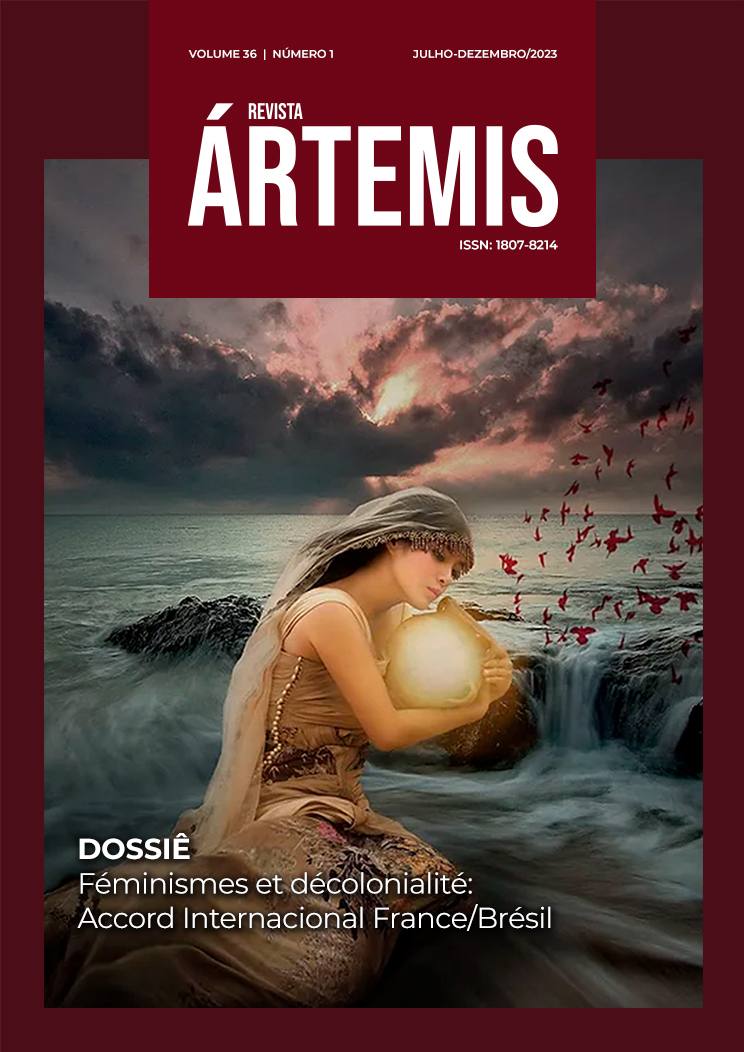The African Lisbon of Orlanda Amarílis and Djaimilia Pereira de Almeida: a feminist analysis of the “extended family” in the diaspora
DOI:
https://doi.org/10.22478/ufpb.1807-8214.2023v36n1.67303Keywords:
Diáspora africana em Lisboa, Família ampliada, Orlanda Amarílis, Djaimilia Pereira de Almeida, Crítica literária feministaAbstract
In this article, I analyze the African diaspora portrayed by Orlanda Amarílis and Djaimilia Pereira de Almeida in Lisbon. Drawing from their works, I discuss the concept of “extended family” (Stuart HALL, 2003), an important network of sociability and resistance that positively impacts the experiences of diasporic communities in the post-colonial city. From a feminist perspective, I examine how two female characters – the unnamed narrator in the short story “Rodrigo” (AMARÍLIS, 1989) and the character Justina in Luanda, Lisboa, Paraíso (PEREIRA DE ALMEIDA, 2019) – experience the “extended family” and the city differently from male characters. These differences may involve the weight of household duties, the fear of gender-based violence, the confinement to normative behaviors, and the desire for anonymity. Finally, drawing on reflections by Chandra Mohanty (2003), I argue that the ideas of family and home, also within the diaspora, need to be approached through a political lens that takes into account factors such as gender, race, and class. I argue that, just as traditional narratives of home and family are contested and challenged by feminist theorists, the same can be done with the narrative of the “extended family”, even though it emerges from a place of resistance. I conclude that it is important to reflect on this concept, considering especially the struggles, conflicts, ruptures, and transformations involved.







